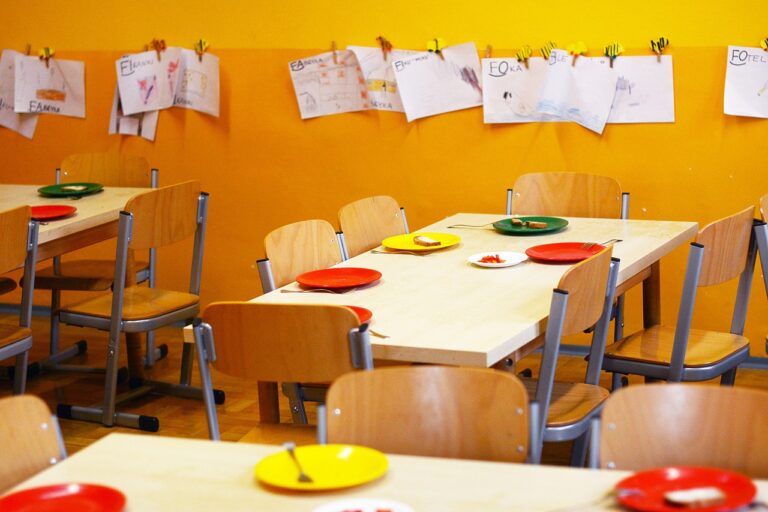Promoting Environmental Sustainability in Schools: Implementing Eco-Friendly Practices
Environmental sustainability is fundamental for schools to incorporate into their ethos. By instilling eco-conscious practices, schools nurture a generation of environmentally responsible individuals who understand the significance of preserving the planet for future generations. It allows students to develop a deep connection with nature and instills a sense of stewardship towards the environment. Moreover, promoting sustainability in schools helps in reducing carbon footprints, conserving resources, and minimizing waste, contributing to a healthier and more sustainable future for all.
Incorporating environmental sustainability in schools not only benefits the planet but also enhances the overall learning experience. It provides students with hands-on opportunities to learn about environmental issues firsthand, fostering critical thinking skills and promoting innovation and creativity in finding sustainable solutions. By integrating sustainability across various subjects, schools can create a holistic learning environment that equips students with the knowledge and skills needed to address complex global challenges related to climate change and resource depletion.
Benefits of Implementing Eco-Friendly Practices in Schools
Implementing eco-friendly practices in schools not only benefits the environment but also has a positive impact on the health and well-being of students and staff. By reducing the use of harmful chemicals and promoting clean energy sources, schools can create a safer and healthier learning environment for everyone. This can lead to improved air quality, reduced exposure to toxins, and overall better health outcomes for the school community.
Additionally, embracing eco-friendly practices in schools can serve as a valuable educational tool for students, teaching them about the importance of sustainability and environmental stewardship. Through hands-on experiences with recycling, composting, and energy conservation, students can develop a deeper understanding of their role in protecting the planet and become more engaged in environmental issues. By integrating sustainability into the curriculum, schools can empower students to become responsible global citizens who are committed to making a positive impact on the world around them.
How Schools Can Reduce Waste and Increase Recycling
Implementing effective waste reduction and recycling initiatives in schools is paramount to promoting environmental sustainability. One simple yet impactful step schools can take is to set up separate bins for different types of waste, such as paper, plastic, and organic materials. By making recycling more convenient and accessible for students and staff, schools can significantly increase their recycling rates and decrease the amount of waste that ends up in landfills.
Another strategy for schools to reduce waste is to encourage the use of reusable items such as water bottles, lunch containers, and bags. Providing reusable options in place of single-use items not only cuts down on waste but also instills a culture of sustainability among students. Schools can further reduce their environmental footprint by composting organic waste from school meals or classroom activities, turning waste into valuable resources for soil health and plant growth.
Why is environmental sustainability important for schools?
Environmental sustainability is important for schools because it helps educate students about the importance of taking care of the environment, reduces the school’s carbon footprint, and sets a positive example for the community.
What are the benefits of implementing eco-friendly practices in schools?
Implementing eco-friendly practices in schools can lead to cost savings, improved air quality, reduced waste, and a healthier learning environment for students and staff.
How can schools reduce waste and increase recycling?
Schools can reduce waste and increase recycling by implementing a recycling program, reducing paper usage, using eco-friendly cleaning products, and encouraging students and staff to bring reusable water bottles and containers.







